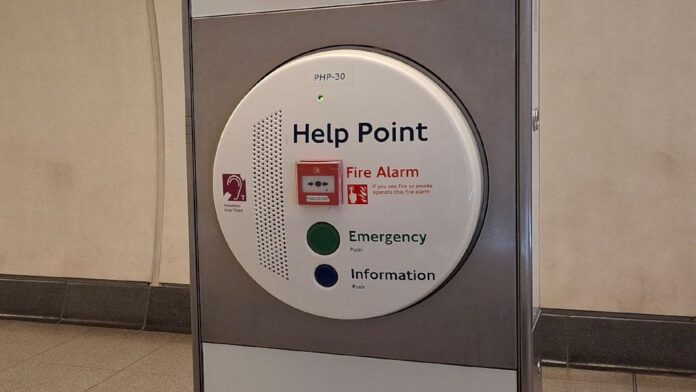The Office of Rail and Road (ORR) has called on rail operators to improve the reliability of help points at stations, following concerns raised in a recent report.
The report highlights that while help points are an important resource for passengers, particularly those with accessibility needs, their reliability and maintenance vary significantly across the network. Key findings include:
- Reliability Issues: A quarter of stations audited in England were found to have at least one non-functioning help point.
- Inconsistent Testing: Operators have inconsistent approaches to testing help points, potentially leading to delayed identification and repair of issues.
- Mobile Coverage Concerns: There’s a risk that help points and freephone services may be impacted by poor mobile coverage in remote areas.
- Data Collection and Analysis: Not all operators collect and analyse data from help point calls, limiting their ability to understand passenger needs and improve service quality.
ORR has urged operators to review their procedures for monitoring help point availability and to conduct risk assessments for stations relying on mobile phone coverage. Additionally, operators are encouraged to prioritize the timely switch-off of the landline network (PSTN) to ensure uninterrupted service.
Stephanie Tobyn, ORR’s director of strategy, policy and reform, said: “Help points can provide an important backup for passengers seeking journey information, assistance, or a way to report emergencies.
“Without regular inspection, maintenance, and an understanding of the purpose and frequency of usage, help points will not meet passenger expectations or support train and station operators in driving broader customer service improvement”.
By addressing these issues, rail operators can significantly improve the passenger experience and enhance the overall accessibility of the rail network.
The Reliability of help points at stations report can be downloaded by clicking on the link.




